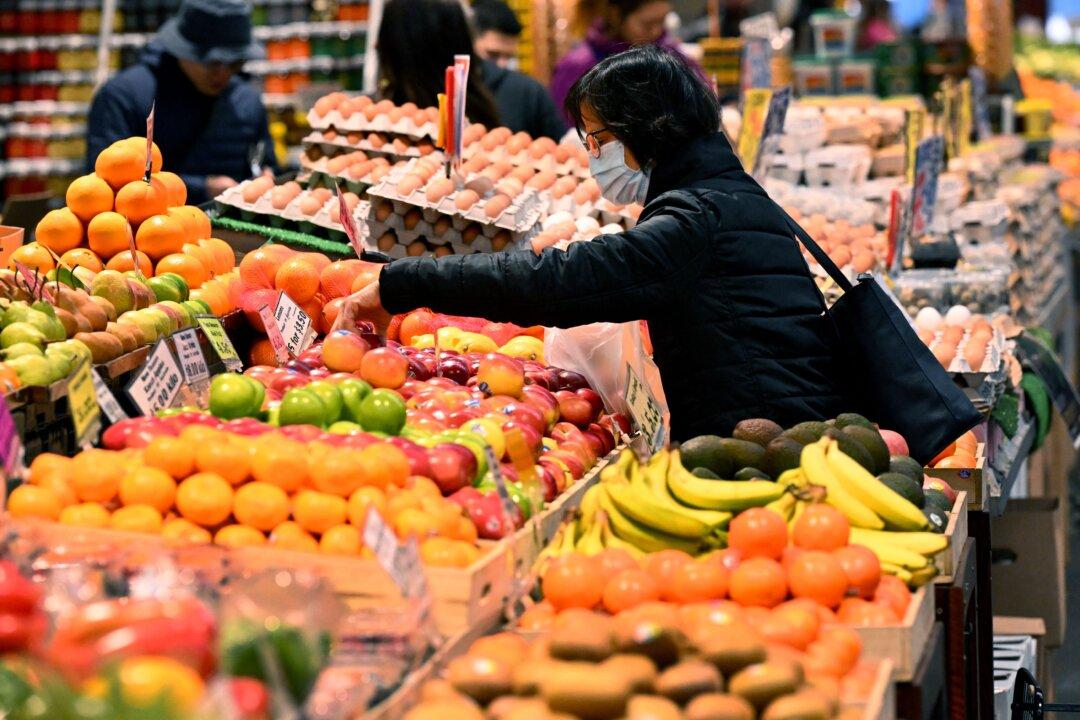Victorians are facing 55 new or increased taxes and a record debt of nearly $200 billion after 10 years under the Labor government, the state’s Shadow Treasurer said in a budget reply speech.
The Victorian Labor government unveiled its first budget under Premier Jacinta Allan, called “Helping Families,” on May 7. It showed that the net debt is projected to hit $187.8 billion (US$124 billion) by 2027-28, or $67,000 (US$44,720) for every household.




